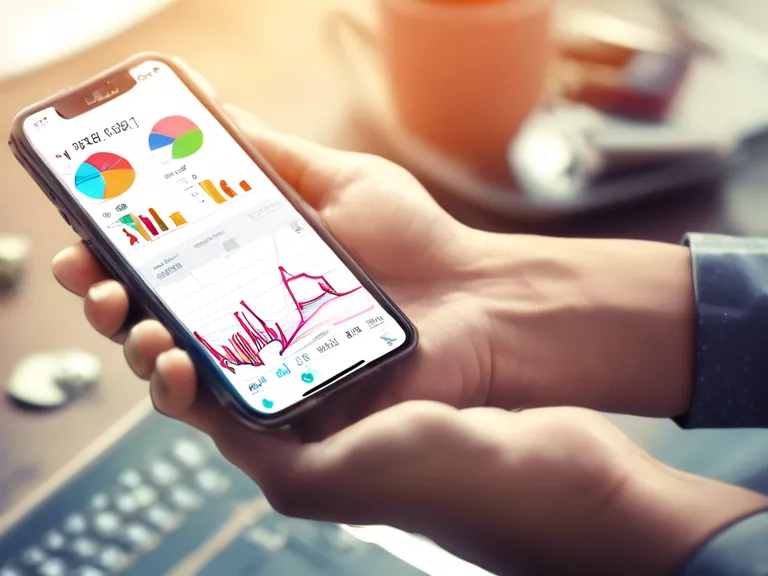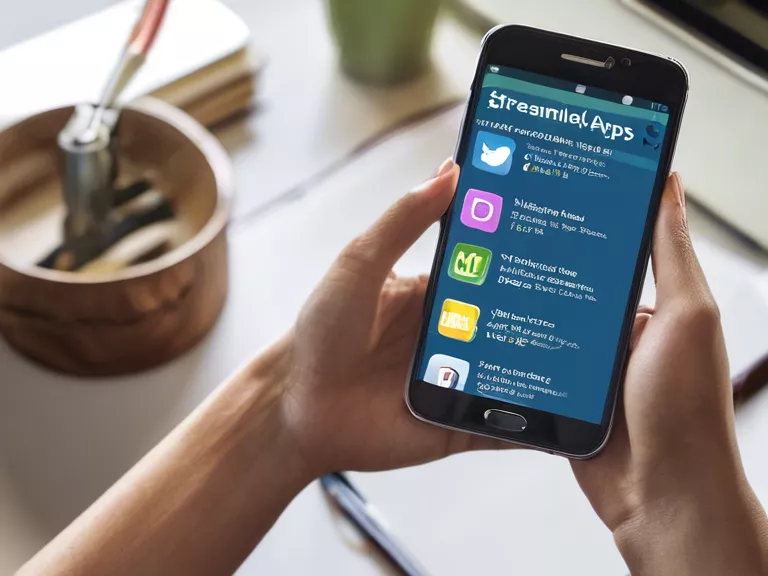
With the increasing popularity of smartphones, mobile apps have become an essential tool for managing personal finances. These apps have revolutionized the way people track, budget, and optimize their financial activities. Here are some ways in which mobile apps are changing the landscape of personal finance management.
Accessibility: One of the biggest advantages of mobile apps for personal finance management is accessibility. Users can easily access their financial information anytime, anywhere, making it easier to stay on top of their budgets and expenses.
Budgeting: Mobile apps offer powerful budgeting tools that help users track their spending and set financial goals. These apps can categorize expenses, track income, and provide insights into spending habits, making it easier for users to stick to their budgets.
Automation: Many mobile apps for personal finance management offer automation features that can streamline the process of tracking and managing finances. Users can set up automatic bill payments, savings transfers, and budget alerts, saving time and reducing the risk of missed payments.
Financial education: Mobile apps are not just tools for managing money; they also provide valuable financial education. Many apps offer tips on budgeting, saving, investing, and improving credit scores, empowering users to make informed financial decisions.
Security: With the rise of cybercrime, security is a top concern for users when it comes to managing personal finances online. Mobile apps prioritize security by using encryption, multi-factor authentication, and other measures to protect users' sensitive financial information.
In conclusion, mobile apps have transformed personal finance management by providing users with convenient, efficient, and secure tools to track and optimize their financial activities. As more people turn to mobile apps for managing their money, the future of personal finance management looks increasingly digital and mobile-oriented.



